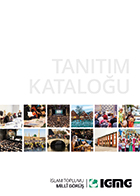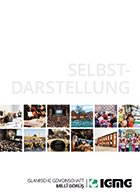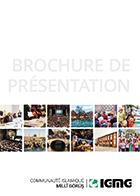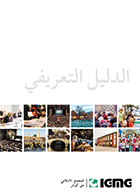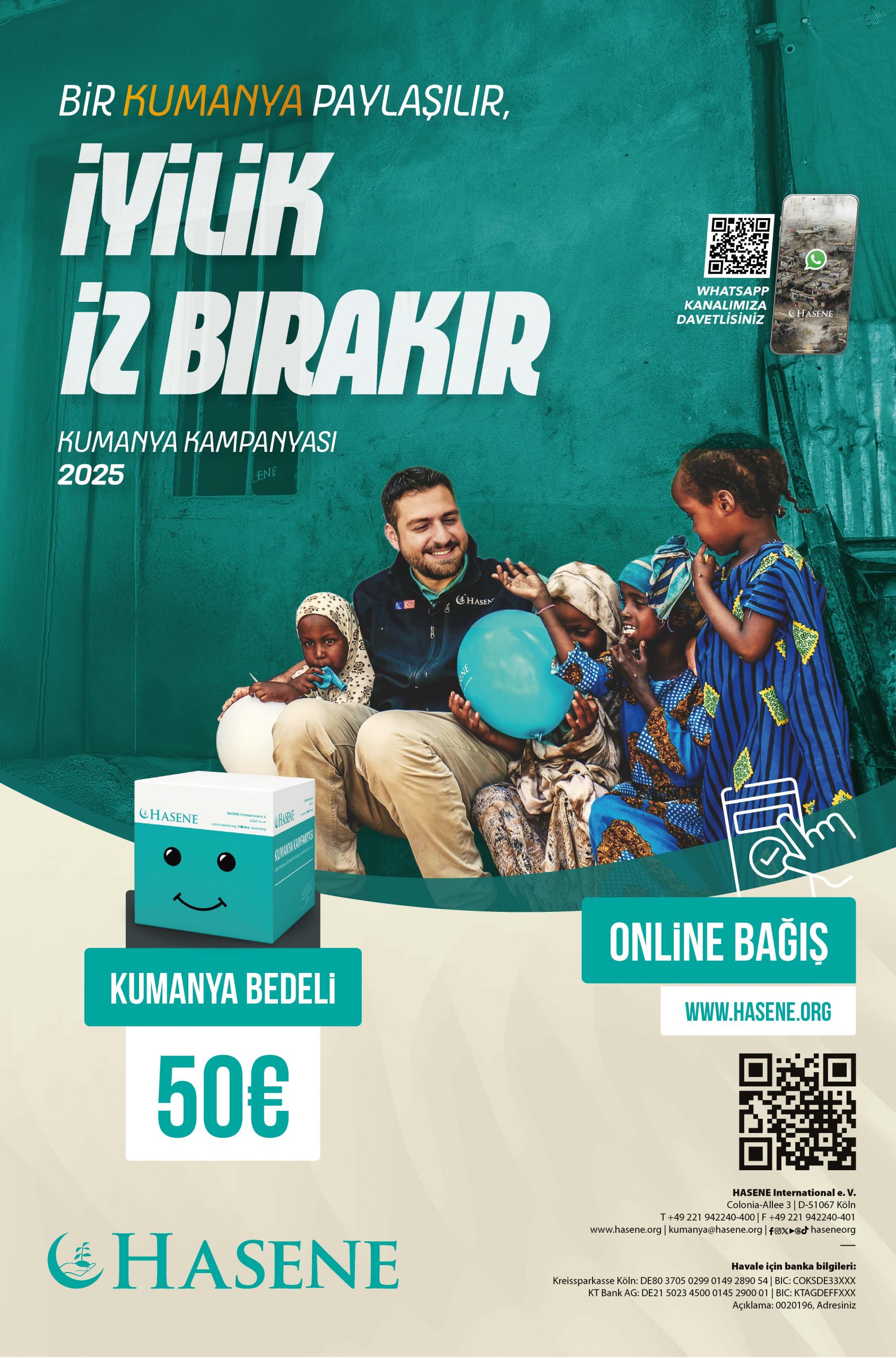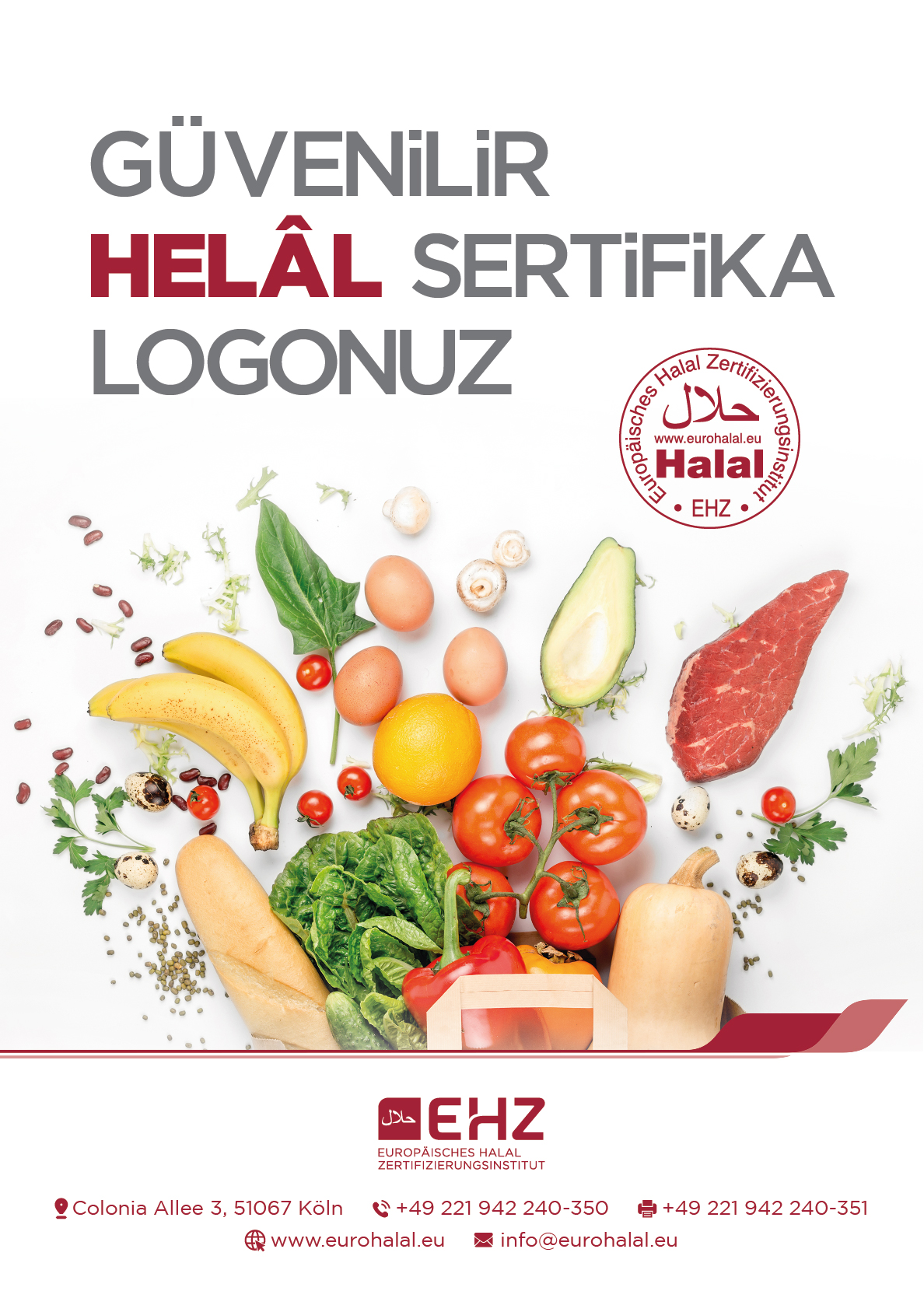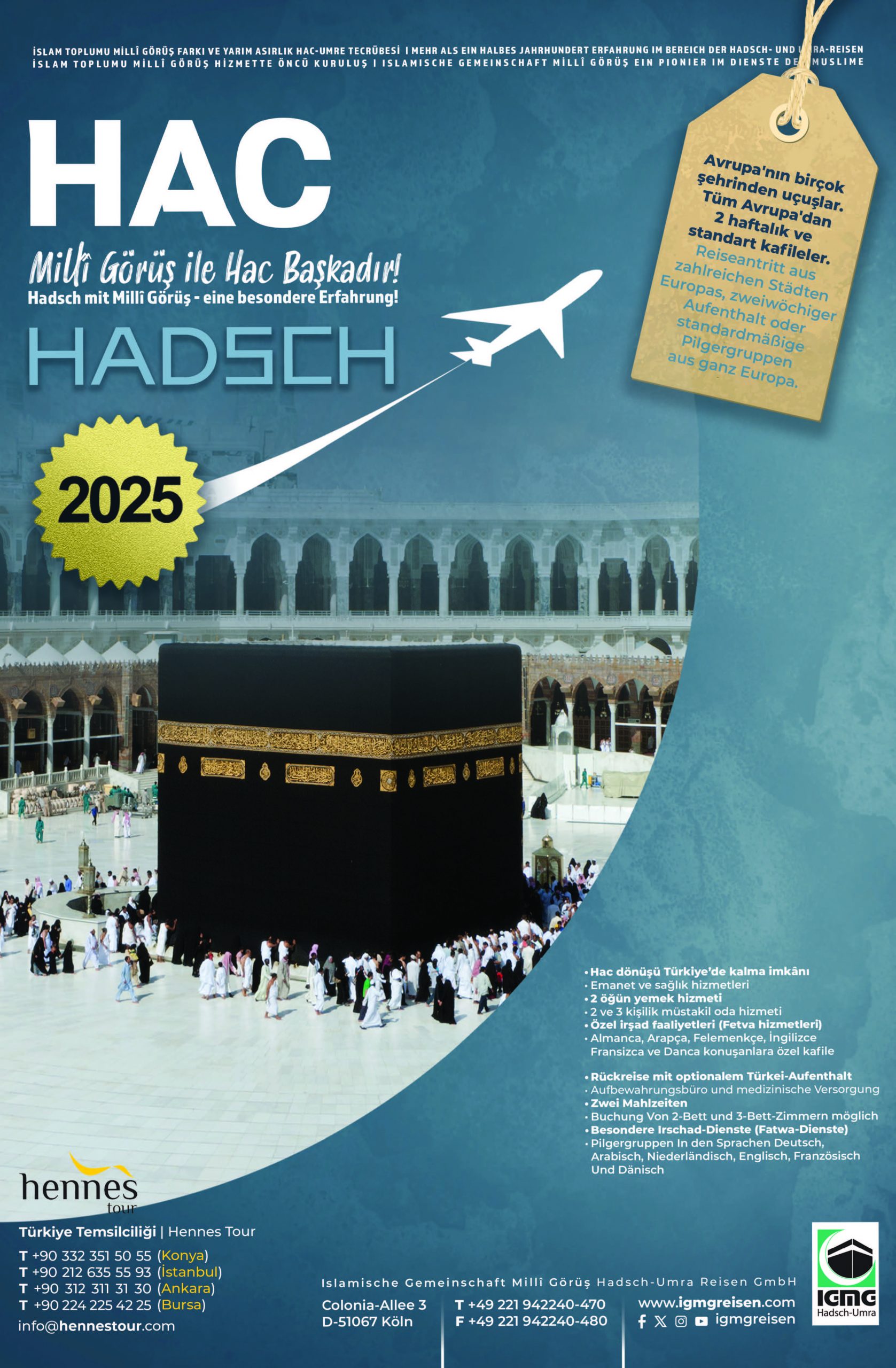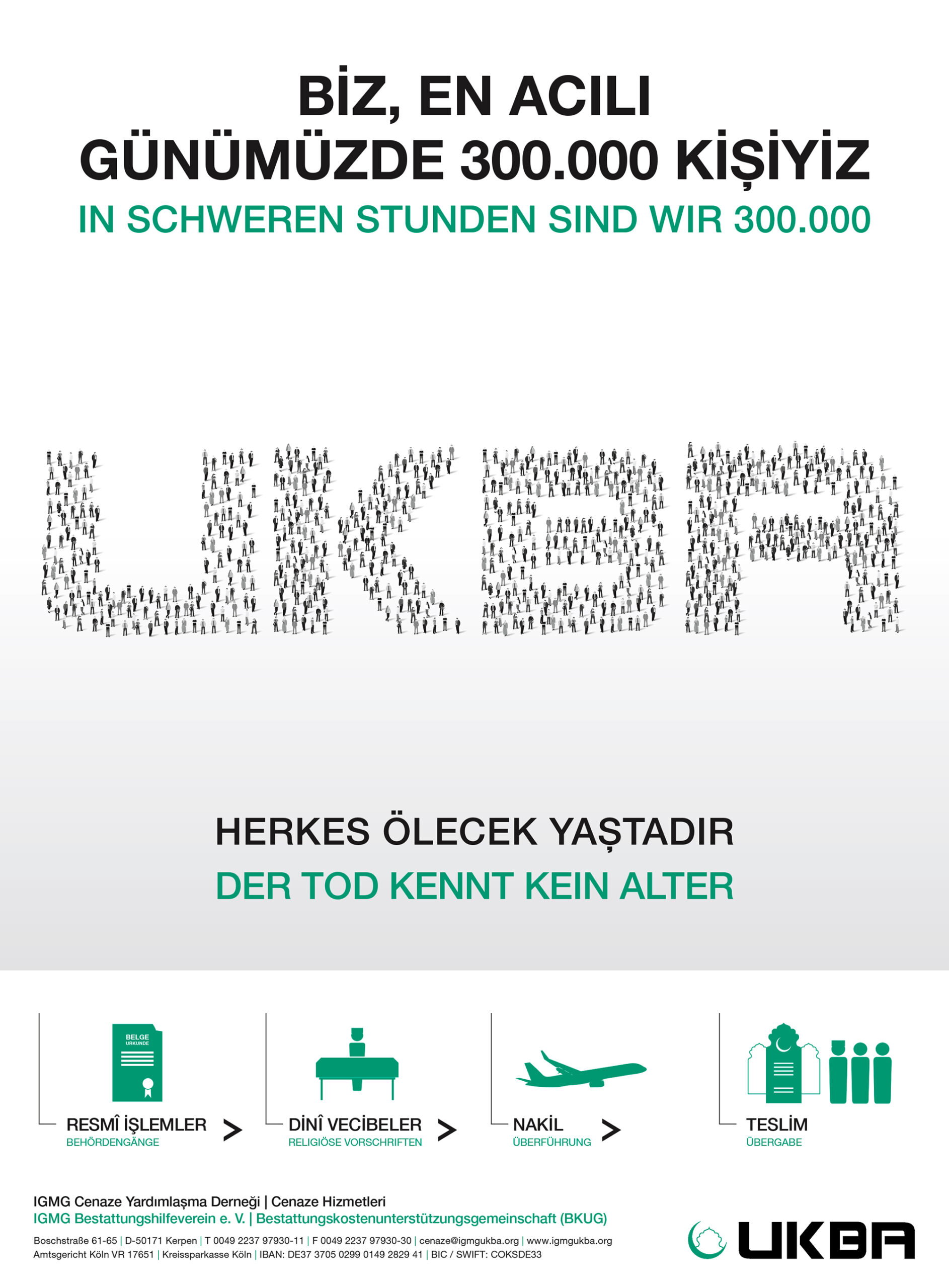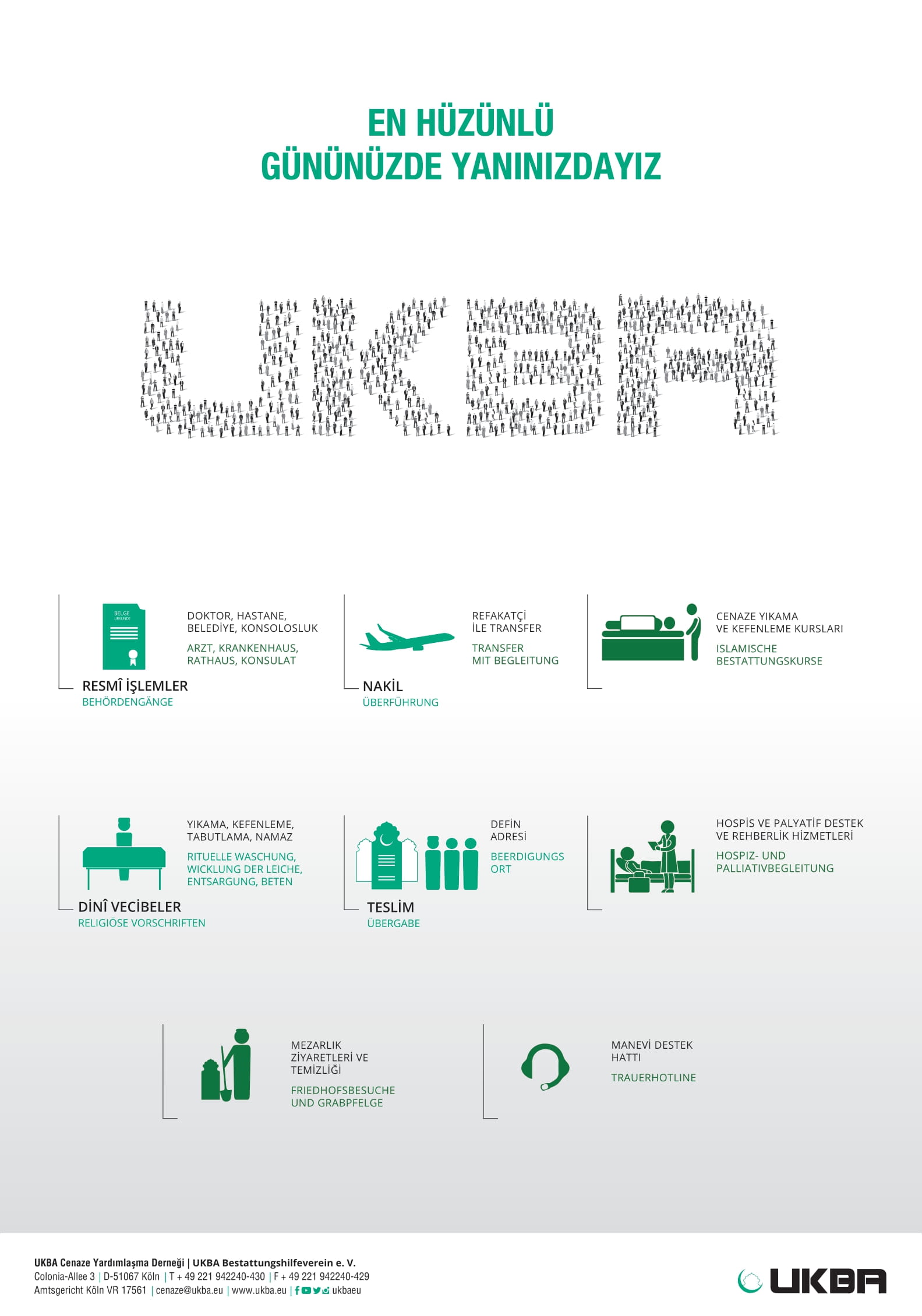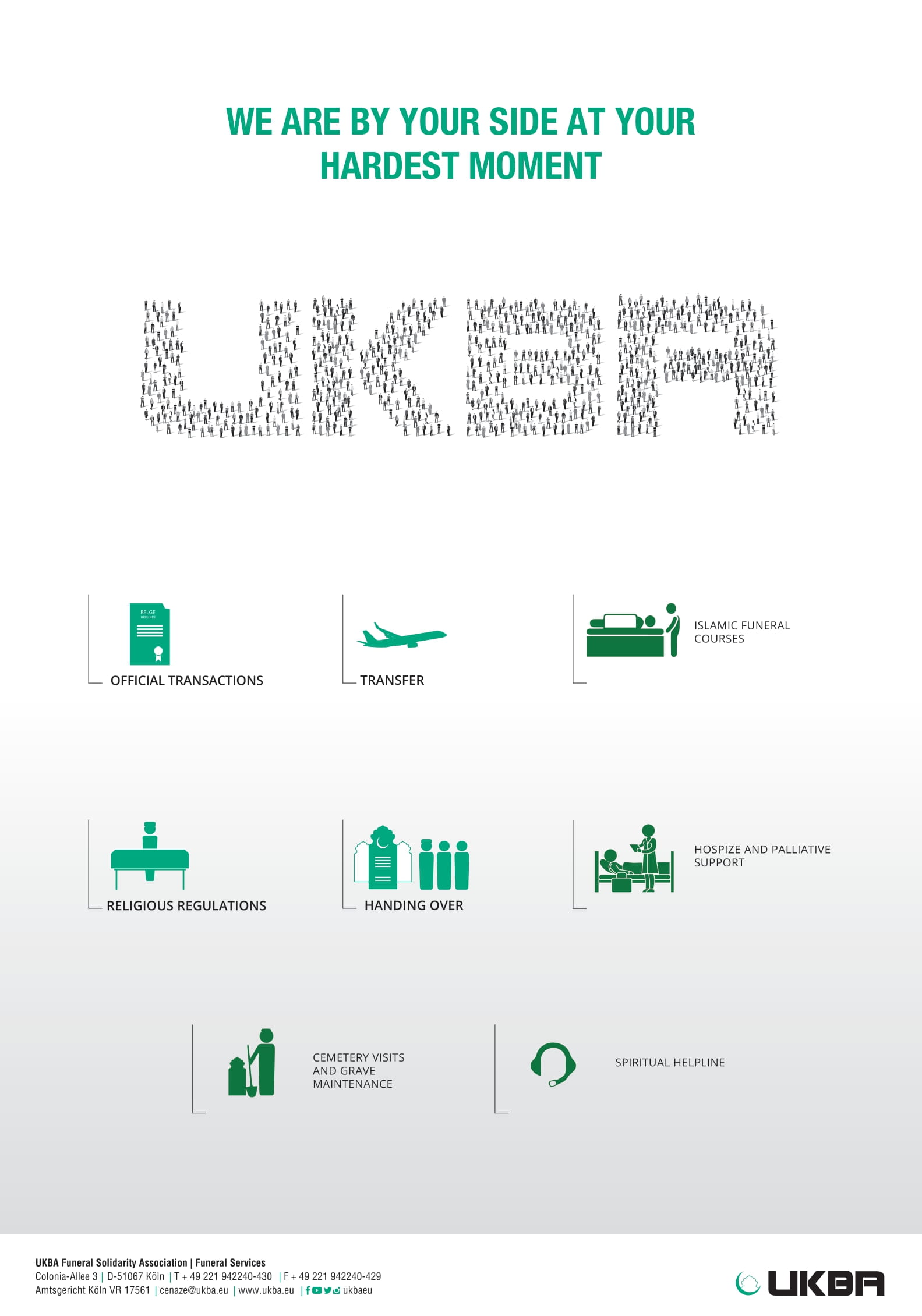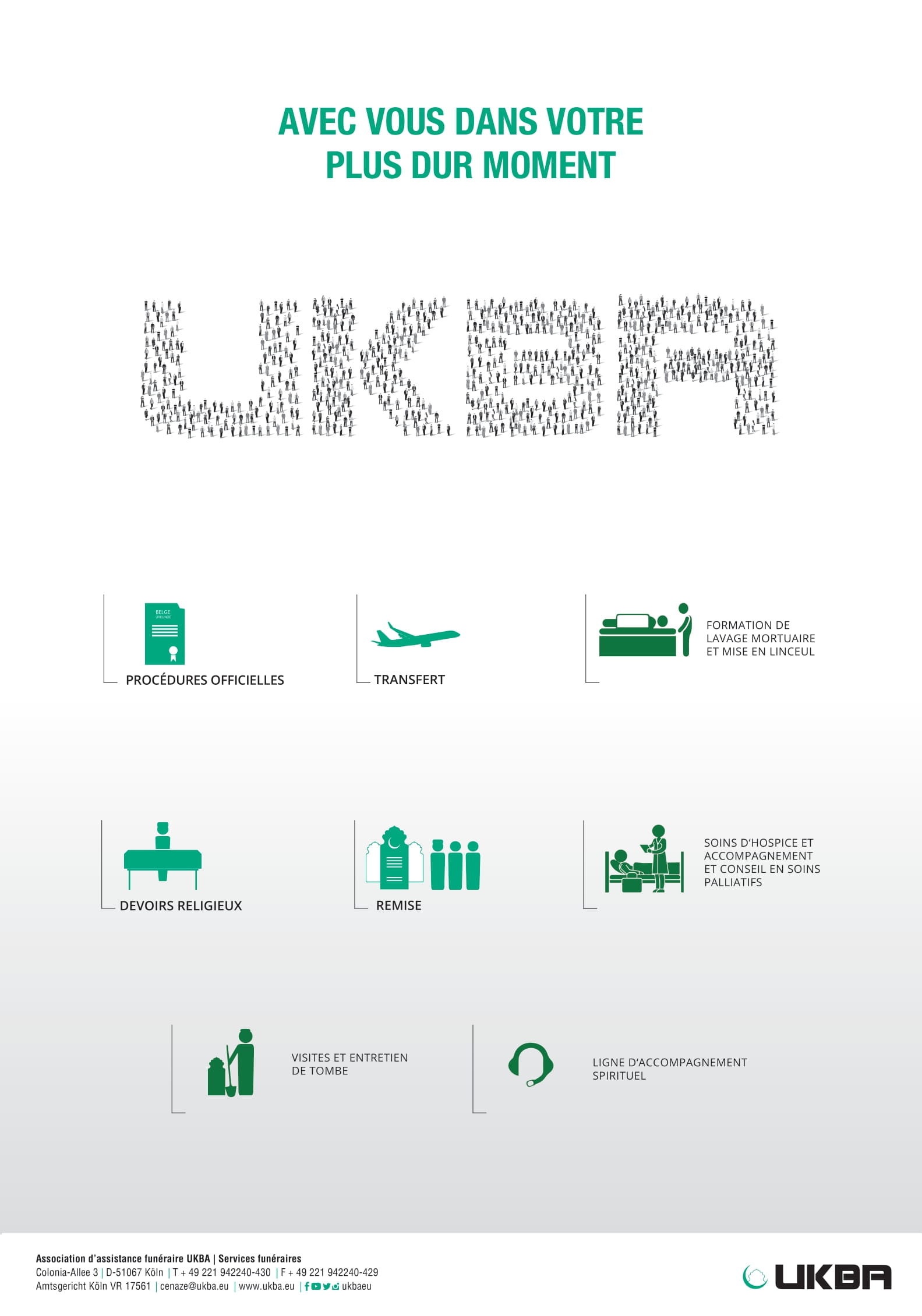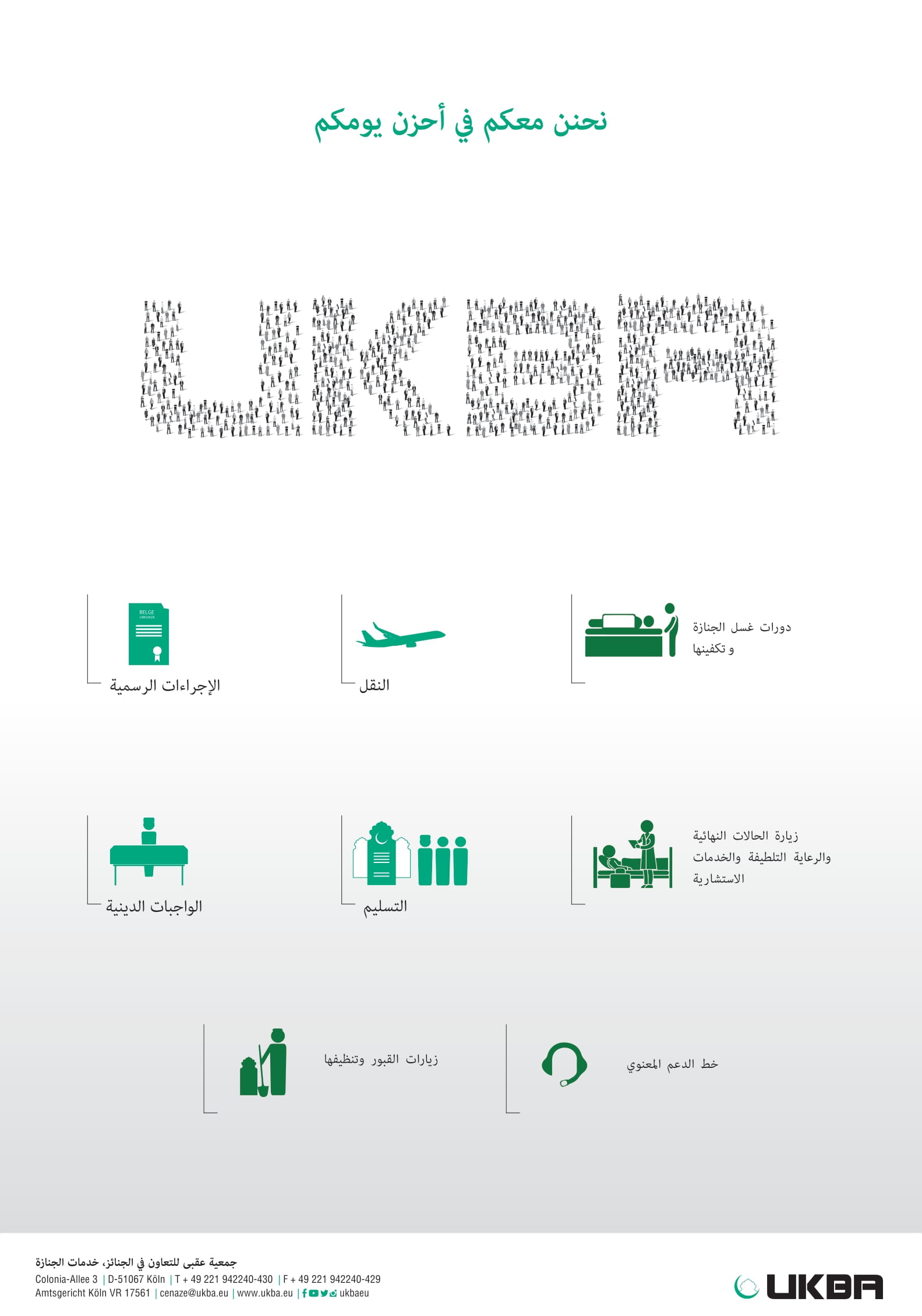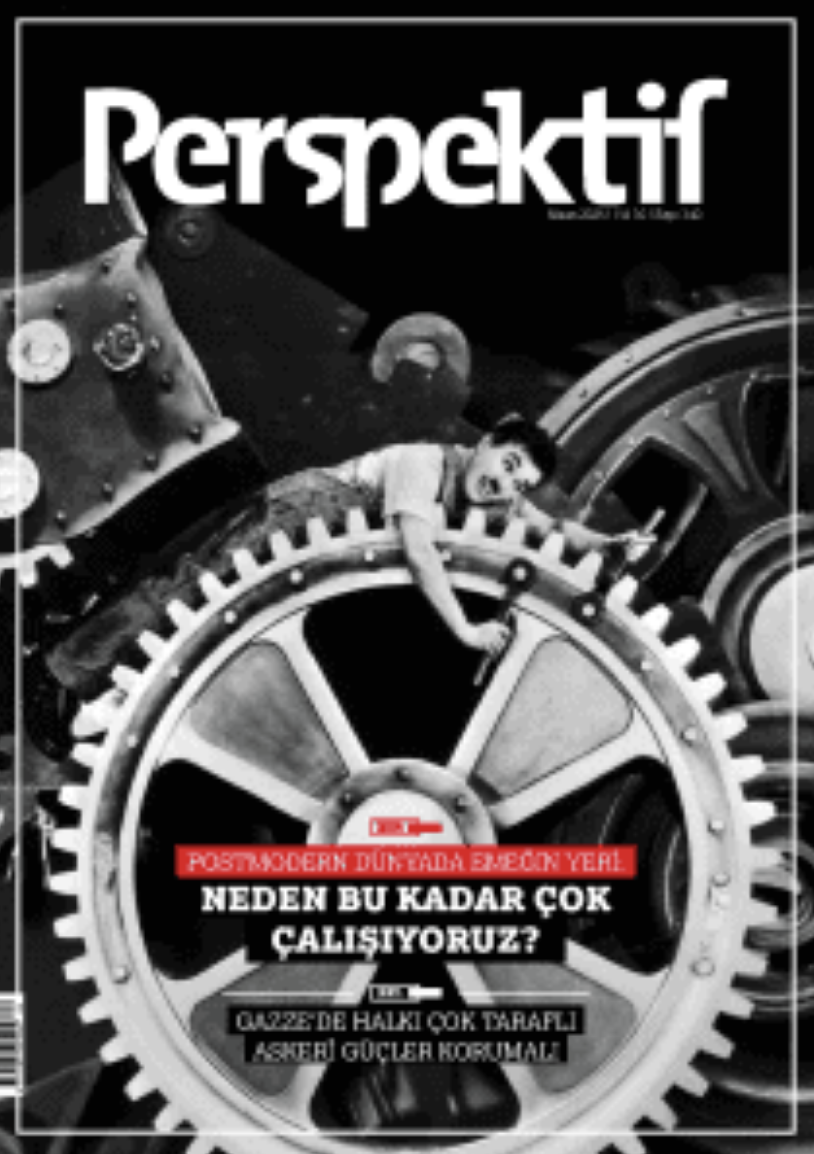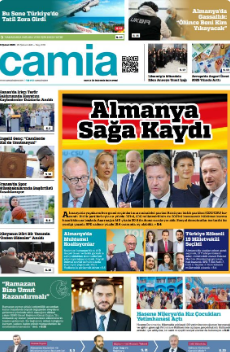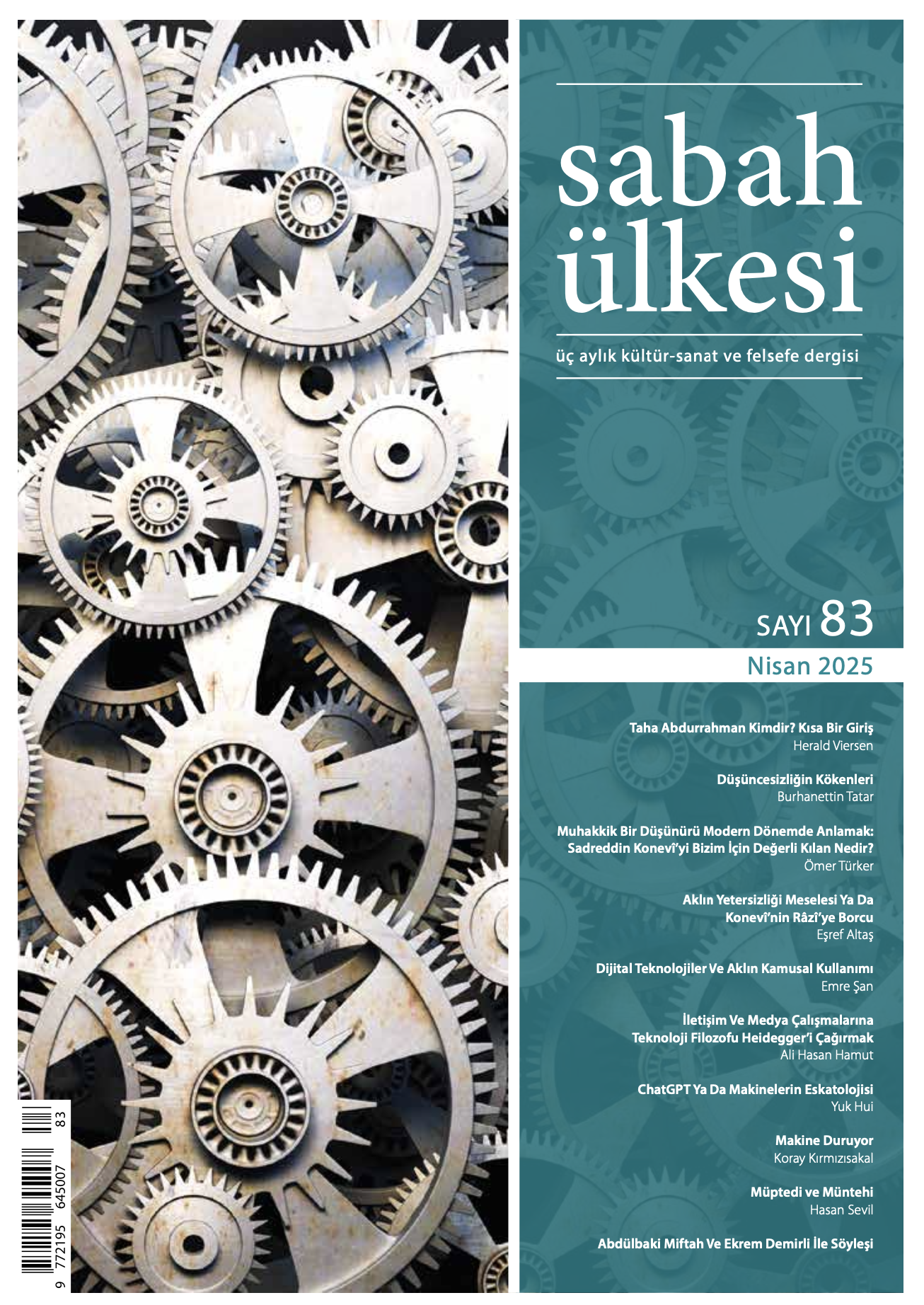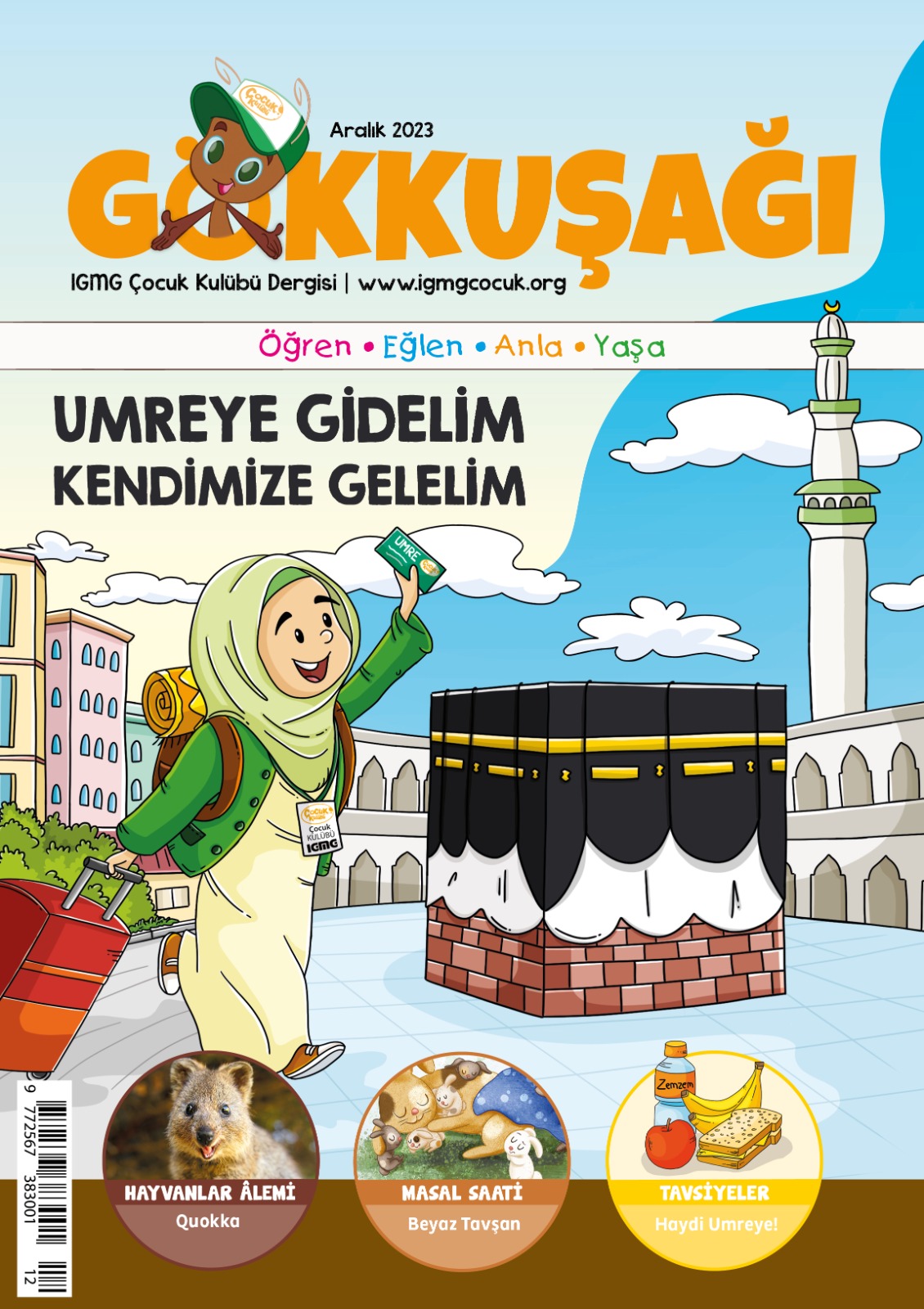Friday Khutba
The Most Beautiful Legacy for Future Generations
24. October 2024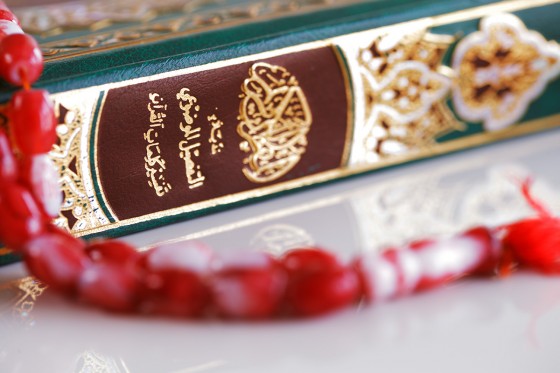
Dear Brothers and Sisters!
Charity (Infaq) is to spend for the sake of pleasing Allah, without expecting anything in return, from the blessings that Allah (swt) has given us. It is to protect and care for orphans, the poor and those in need, and to extend a helping hand to them. Infaq means striving to be beneficial and helpful to our family, relatives, neighbours, fellow believers and humanity. Giving from what Allah has provided us, for the sake of Allah, brings healing to the heart and society. When we give, we strengthen the harmony, peace, unity and togetherness among people and ease difficulties through charity. Believers, through mutual aid, attain Allah’s help. As our beloved Prophet (saw) said, “Allah helps His servant as long as the servant helps his brother.”[1] Furthermore, in a hadith qudsi the Messenger of Allah (saw) informs us that Allah (swt) said, “O son of Adam, spend so that I may spend on you.”[2]
Dear Brothers and Sisters!
In the verse I recited at the beginning of my khutba, Allah (swt) says: “You will never attain righteousness until you spend in the way of Allah from what you love. And whatever you spend, indeed Allah is Knowing of it.”[3] Our scholars have interpreted the things a person loves as “material and spiritual means such as wealth, status, knowledge and physical strength.” This verse emphasises the importance of spending valuable things in the path of Allah. What is given in such social contributions should be something that meets an individual’s or a community’s need and rescues them from hardship. It is understood that giving something one would not be pleased to receive themselves would not be pleasing to Allah either.
Dear Jama’ah!
Even though we may believe that we need to do something for the afterlife, we often fall into the illusion of thinking we have a long life ahead of us and thus postpone our duties related to our purpose of existence. When we are confronted with the reality of death, we will beg for an extension of time. In the verse, Allah (swt) says, “Spend from what We have provided for you before death approaches one of you and he says, ‘My Lord, if only You would delay me for a brief term so I would give charity and be among the righteous.'”[4] A person should perform good deeds, charity and righteous acts before death arrives, because once the test is over, the time for accounting begins. Additionally, when the time of death arrives, no matter how much one wishes, it cannot be delayed even for a moment. Therefore, instead of regretting at the time of death, saying, “If only I had given charity and been among the righteous,” it is certainly more beneficial to give in the way of Allah from all the resources we have while we are alive and have the opportunity. Our beloved Prophet, who recommended charity and generosity at every opportunity, in another hadith said, “Every day that people reach the morning, two angels descend. One of them says, ‘O Allah, compensate the one who spends in charity.’ The other says, ‘O Allah, destroy the wealth of the one who withholds.'”[5] This hadith informs us that charity brings both worldly and eternal gain, while stinginess diminishes the blessings of wealth.
Dear Brothers and Sisters!
As the Islamic Community Milli Gorus (ICMG), we are once again supporting numerous significant projects this year, as we do every year. The Infaq and assistance provided to keep our mosques and education institutions functioning are being utilised in the most efficient way to meet their needs. In this way, we strive to leave a righteous legacy for future generations. With your contributions and support, we have been able to assist the oppressed and those in need across nearly every part of the world, bringing peace of mind to hearts. Let us come together to compete in good deeds for our future generations, give charity and encourage others to do the same.
[1] Ebû Dâvûd, Edeb, 60
[2] Müslim, Zekât, 36
[3] Surah Âl-i İmrân, 3:92
[4] Surah Al-Munafiqun, 63:10
[5] Buhârî, Zekât, 27
